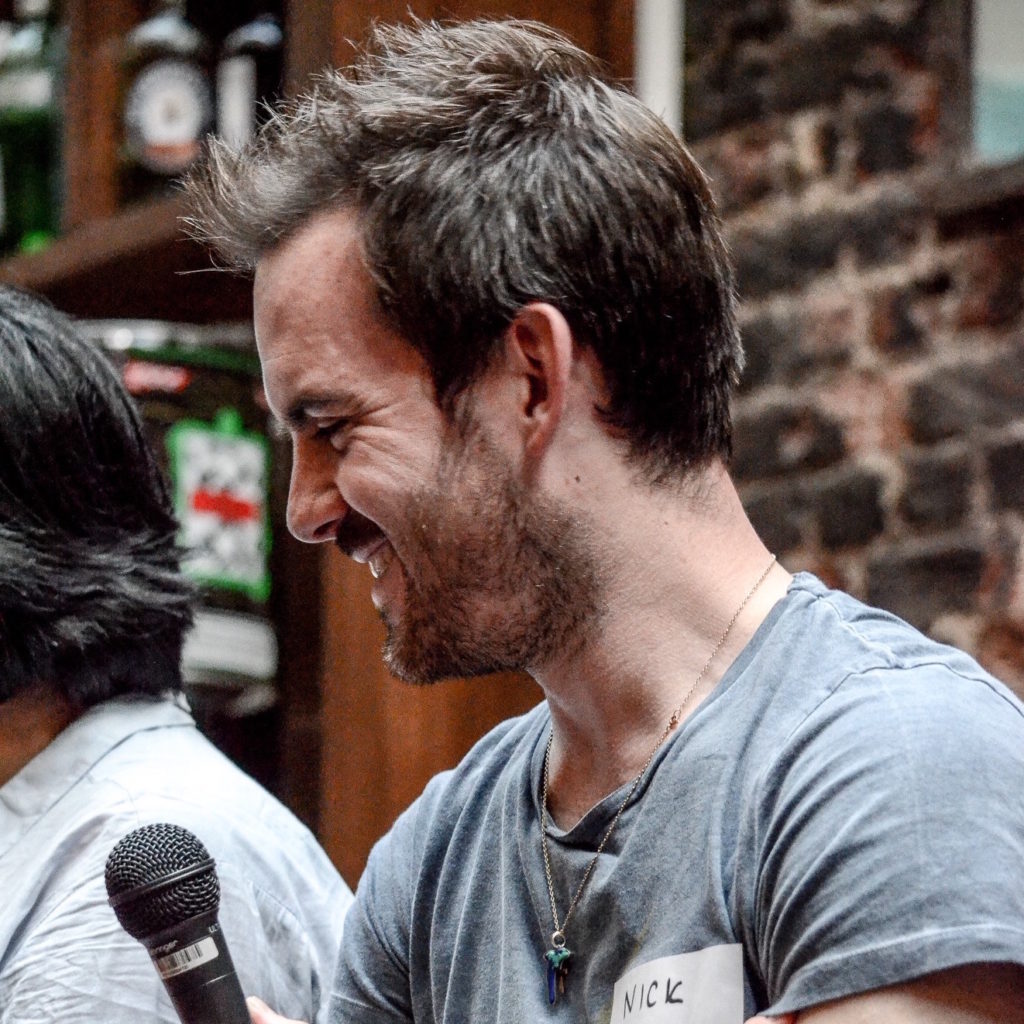Why the book industry needs Pride in Publishing

Nick Coveney is Co-chair of Pride in Publishing and Publisher Relations and Content Lead – U.K. & ANZ at Rakuten Kobo Inc. Nick has more than eight years’ experience in a variety of digital roles in the publishing industry, working with bestselling authors and leading brands to digitally bring their content to life. Nick is co-chair of Pride in Publishing and regularly volunteers with LGBTQ charities including Diversity Role Models, StonewallUK and the Albert Kennedy Trust. He is also involved in LGBTQ inclusive sports as a member of Charlton Athletic Invicta FC and London Otters’ rowing club. Follow Nick on Twitter: @nmjcoveney @prideinpub
Earlier in the year my fellow Pride in Publishing co-chair Zainab and I spoke at the BookMachine’s “talking editorial” panel on inclusivity. It was a great event with lots of potential to make a positive impact and bolster some of the great work being done in the publishing industry. And as a follow up to that, the lovely Abbie has offered us a chance to spread the word about Pride in Publishing here.
The Pride in Publishing network, created last year, is designed to celebrate and support members of the LGBTQ+ community working in the book trade. We are centred around providing a safe space for colleagues to meet, socialise and support each other – wherever possible we strive to signal-boost LGBTQ+ adjacent publishing, by promoting diverse books, authors, imprints/lists, events and booksellers.
One of the industry’s HR leaders I spoke to ahead of joining the inaugural committee in 2017 asked me “do we need a network like that now?” Yes actually, we do.
Depressingly, despite the consensus that publishing is inherently a liberal playground, the reality is that most publishers are to a large extent conservative bastions of monoculture.
The excuses which we’ve kept hearing – “we don’t know enough about the market”, “we’re already publishing something similar” – are not good enough. There are also horror stories of glib “banter” occasionally seeping into publishers’ lexicons which should be treated with the severity it deserves.
Stories are a diverse and ever evolving medium and if publishing wants to stay at the centre of consumer entertainment and retain its huge impact on contemporary culture it needs to ensure it is proactive in reaching out to marginalised communities who have been under-represented.
Editorial decisions can often end up being slavishly tied to market data which may be completely unfit for comparison or a mere snapshot of the publishing opportunity.
We are here to help boost and celebrate inclusivity and intersectionality for LGBTQ+ members of the book industry which will in turn we hope strengthen the whole industry.
To be clear, publishing more inclusive stories harms neither authors nor publishers – failing to do so risks alienating very passionate and engaged demographics irrecoverably which harms everyone in the industry and guarantees other entertainment format – film, TV and gaming – will fill the gap instead.





